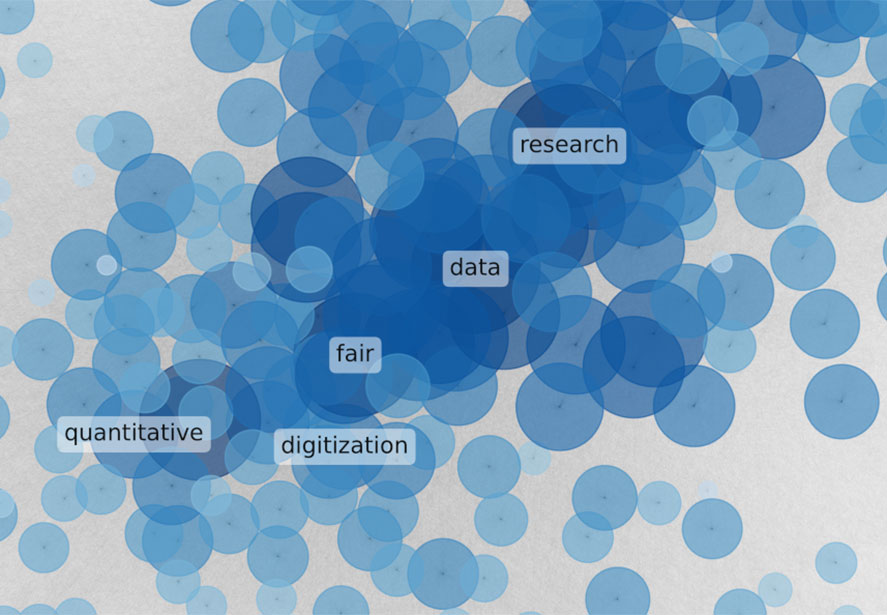Are the scientists ready for FAIR data?
This year’s annual publication from the DNRF offers a peek into researchers’ views and experiences regarding digitization and FAIR data use. In other words, it taps into one of Denmark’s and the EU’s most high-priority endeavors in research for years to come. *

As a consequence of the Danish national strategy for FAIR research data management, the Danish universities must intensify their focus on a FAIR (findable, accessible, interoperable, and reusable) management of research data to promote better and more transparent research. The comprehensiveness of the effort reflects the potential of big data research across the academic spectrum to keep delivering on high expectations and to meet the pressing challenge of reproducibility in science.
But are researchers ready? Do they support the aims? Do they find them relevant? And are they motivated to invest the time and resources necessary? What are their concerns and hopes?
The DNRF’s dialogue with its grant holders provides some answers to these questions and will support a meaningful implementation of FAIR data management at the DNRF and beyond.
The enquiry demonstrates a positive but more heterogeneous picture than one might expect. The vast majority of grant holders who work quantitatively with data express universal support of the aim of increased access to and transparency of research data; indeed, to many grant holders e.g., astronomy, economics, and medicine, FAIR is already routine thinking.
- Some grant holders are presently experiencing a transformation in their research field due to the sudden possibility of accessing and comparing multiple large data sets;
- Other grant holders working with large data sets produce data that are highly circumscribed by the research setup, meaning the data cannot readily by used by others; here, the value of a FAIRification effort is seen as more challenging;
- The use of quantitative data is finding its way into still more disciplines creating new insights in archaeology, literature and history;
- The sharing of data is widely experienced as a driver of collaboration, visibility and recruitment, e.g., when colleagues are brought together over valuable data sets or when talented researchers are attracted to an institution due to its well-acknowledged data sets;
- Grant holders report that it can be challenging to find sufficient time and financing to make data FAIR;
- Grant holders complain that current incentives favor the production of research over the production of data for others to use; some suggest that data sets be independently citable to increase visibility and reward.
Read more in the publication Digitization and FAIR data
* The European Commission has launched a number of policy and strategic initiatives aimed at supporting better research and societal use of research data, based on the FAIR principles (Findable, Accessible, Interoperable and Reusable). The purpose of this strategy is to ensure that research data generated via public funds, and possibly co-funded by private research-funding foundations, meet the FAIR principles.
Read more about the FAIR principles
